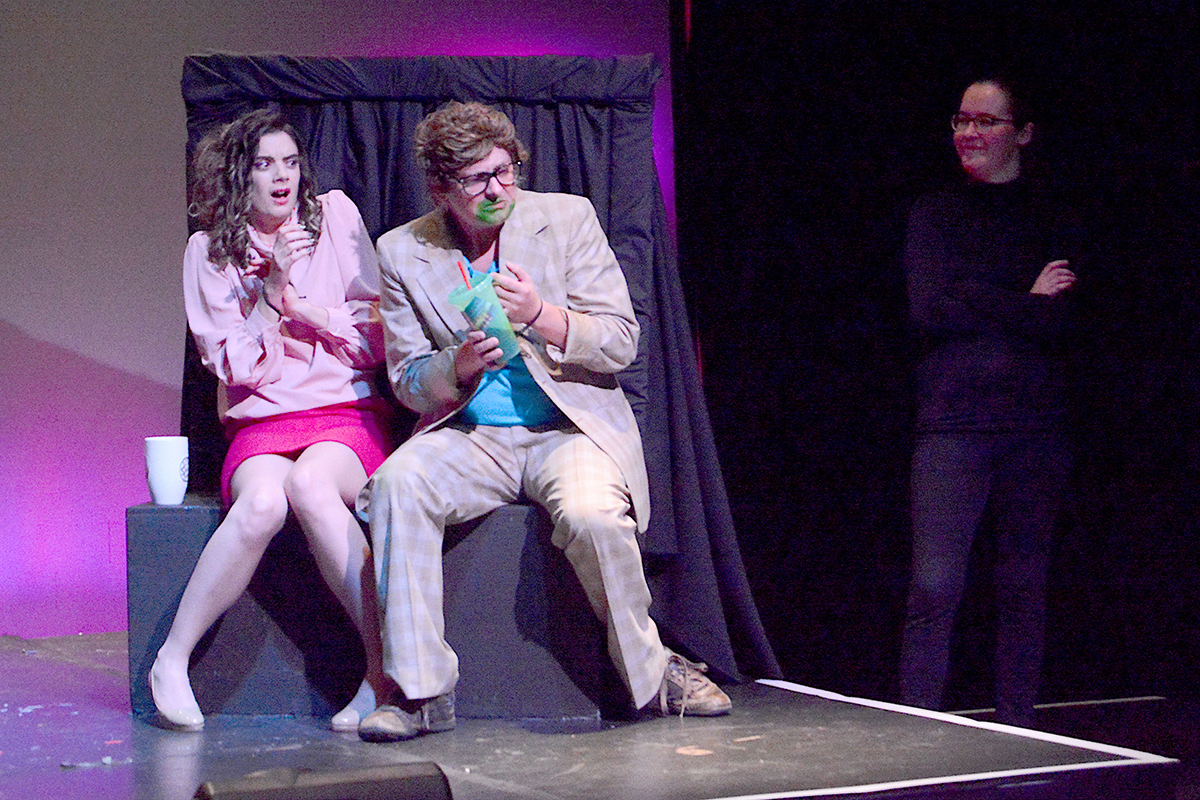Anyone who tears down a pride flag or rips up an LGBTQ poster in Kansas City thinking it’s just a prank is in for a rude awakening.
That same prankster could now go to jail and pay a hefty fine. “We see a lot of violence which can escalate from a situation like that,” Kansas City 4th District-at-Large Councilmember Crispin Rea says.
A tougher city hate crime ordinance, with additional sentencing and fines, is now on the books, with language that specifically applies to the LGBTQ community (citing gender identity as a protected class) or any other group or person victimized by words or actions of hate. The amended ordinance was unanimously passed by Kansas City Council members and adds up to 60 days of jail time for certain municipal offenses motivated by hate or bias and a minimum $300 fine for each offense.
According to a Kansas City Police Department spokesperson, the ordinance intends to appropriately charge crimes when a “bias” can be proven. Hate crimes, also known as “bias crimes,” are a category that have a broader reach than most other crime categories because the victims aren’t the only immediate target—others like the victim are, too. Proving the crime was bias-motivated would be a critical component in implementing this ordinance. When officers are trained in report writing, they are trained in recognizing and reporting biased crimes.
Kansas City Councilmember Andrea Bough, 6th District-at-Large, who was the sponsor of both the hate ordinance and the city’s original LGBTQ commission, addressed criticisms that the Council moved too slowly in addressing LGBTQ concerns. The city’s LGBTQ commission was established in October 2020. “We first started discussing this (ordinance) back this last summer, and I think it all occurred about the time that the City Council was changing over,” Bough says. General city elections for mayor and City Council were held on June 20, 2023. “The timing was difficult to introduce a new piece of legislation, so we held until the new Council came on, and the LGBTQ commission started talking with some of our new council members.”
Bough says that part of the Council’s due diligence in drafting and preparing the ordinance included looking at other cities and municipalities that adopted similar ordinances, whether they were enhancements or separate offenses. “What we found was the enhancement (of the original ordinance) would be the best approach,” Bough says.
Justice Horn, chair of the LGBTQ commission, sent City Council a memo in August imploring council members to work on a more aggressive hate crime ordinance. When it comes to hate crimes, “we can’t be aggressive enough,” Horn wrote.
Statutes at both the federal and state levels have thresholds for hate violations that are so high, he said, that the commission saw the need to codify lower offenses. “It starts with ripping down a pride flag or making a threat online or painting a swastika,” Horn says. “These are very low offenses and, without them being categorized on a municipal level, they would be considered vandalism charges.”
As the World Cup nears and another successful Chiefs season closes, the city is frequently finding itself in the national spotlight. “It seems like we’re the center of the world right now,” Horn says. “I think it’s important that our policies are becoming more welcoming, more affirming, more inclusive. We have to work on this stuff.”
Councilmember Rea, one of four sponsors of the ordinance, says it’s important to create policies and make statements that KC is a welcoming and safe place to live and visit. “We are a Midwestern city, and as Midwesterners, we are welcoming and polite, and we take care of people,” he says. “We take care of our own people. So I see (the ordinance) as a natural evolution of who we are culturally.”





